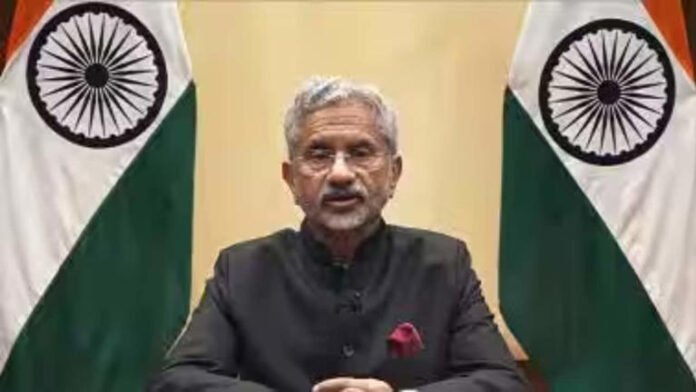In a surprising move, Canada has banned the Australian news outlet Australia Today shortly after it aired a press conference by Indian External Affairs Minister S. Jaishankar. This decision comes amid escalating diplomatic tensions between Canada and India over allegations that India was involved in the assassination of Khalistani separatist Hardeep Singh Nijjar.
Jaishankar’s remarks, made during a joint press event with Australian Foreign Minister Penny Wong, included pointed criticisms of Canada’s handling of accusations against India. He specifically questioned Canada’s lack of evidence in alleging India’s involvement in Nijjar’s death, raising further concerns about the treatment of Indian diplomats in Canada and the political support given to anti-India groups within Canadian borders. The minister referenced recent incidents, including vandalism at a Hindu temple in Brampton, as indicative of a growing problem of extremism.
Within hours of the broadcast, Australia Today was blocked from Canadian airwaves, sparking an immediate response from the outlet. Jitarth Jai Bharadwaj, the Managing Editor of Australia Today, stated that the platform remained “undeterred” by Canada’s decision and reaffirmed its commitment to free and transparent journalism. He emphasized that, despite obstacles, Australia Today would continue to report critical stories affecting the Indian diaspora and international audiences.
India’s Ministry of External Affairs also reacted strongly, calling the ban hypocritical in light of Canada’s claims to uphold freedom of speech. Ministry spokesperson Randhir Jaiswal expressed India’s frustration, pointing out that Canada often suppresses dissenting voices while simultaneously making unsubstantiated allegations against India.
This diplomatic flare-up comes after a series of tense exchanges between the two nations. Prime Minister Justin Trudeau previously accused India of involvement in Nijjar’s killing, leading to reciprocal diplomatic actions and heightened scrutiny on both sides. As relations sour, issues of national security and press freedom are now at the forefront of the Canada-India dispute, with both sides questioning each other’s commitment to transparency and the rule of law.
The ban on Australia Today is the latest development in an increasingly complex saga, raising important questions about the limits of freedom of expression in the midst of escalating international tensions



